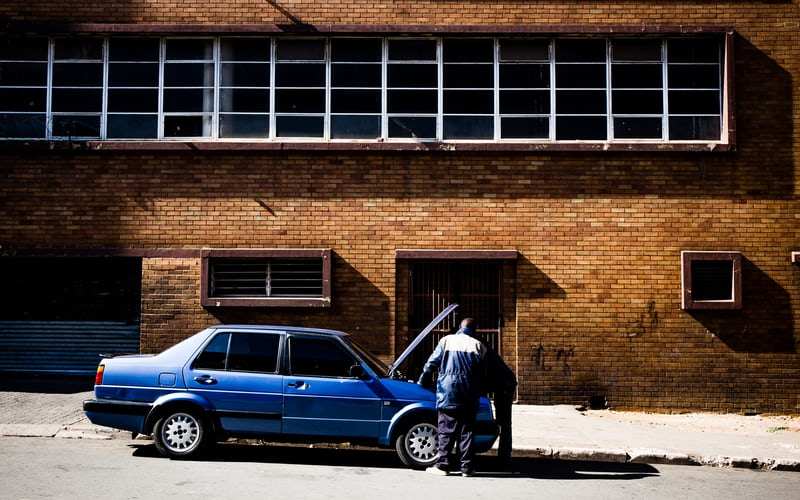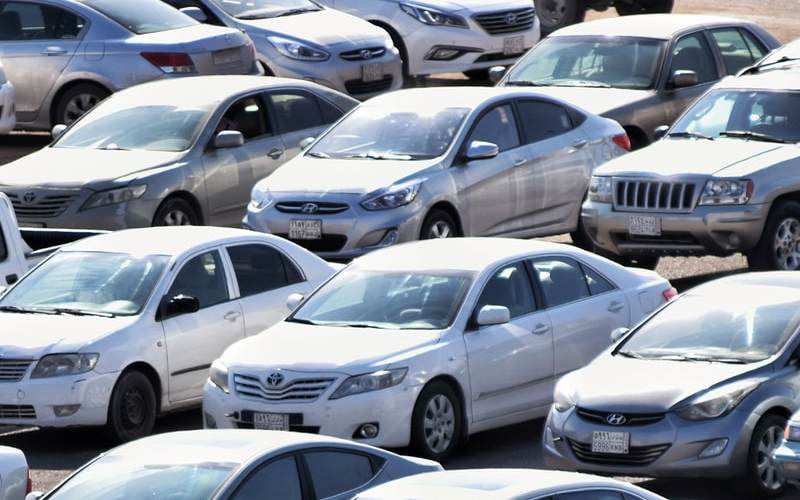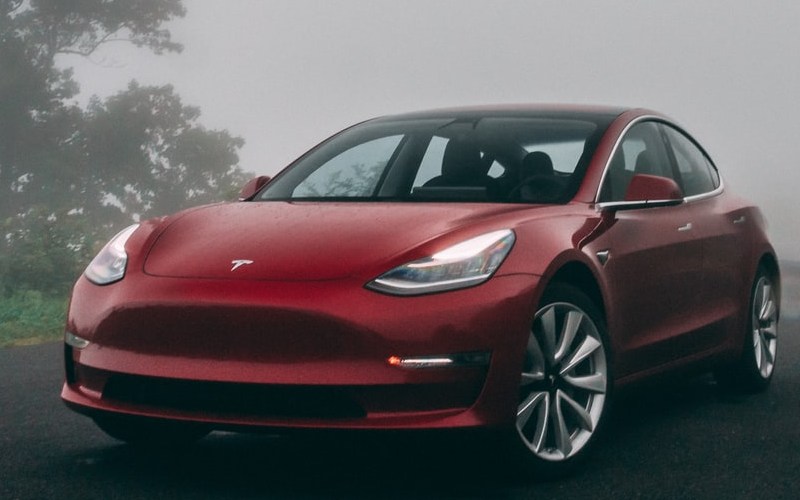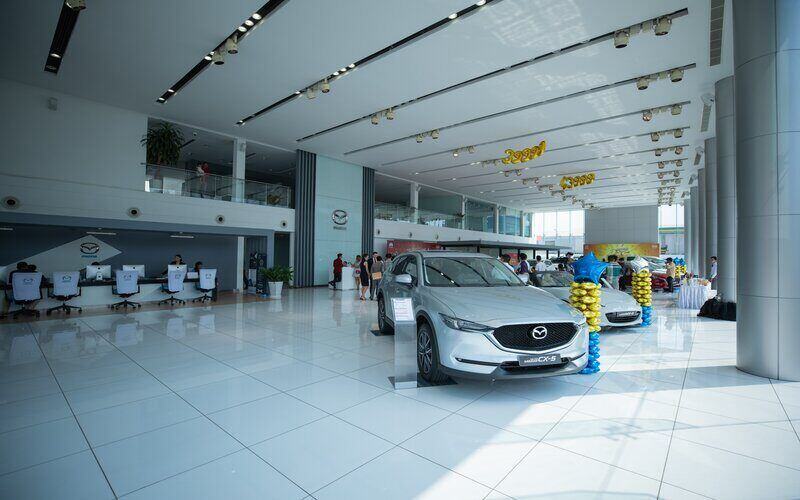Victoria's road use charge for 'green' vehicles is set to come into effect from July, and amounts to 2c per kilometre travelled for plug-in hybrids and 2.5c/km for electric vehicles (EVs).
The Federal Chamber of Automotive Industries (FCAI) hit out at the new tax today in response.
“Right now, Governments should be encouraging the uptake of these technologies with positive policy initiatives particularly around emissions targets, infrastructure development and appropriate incentives for fleets and private consumers rather than introducing charges that potentially reduce the incentive for these customers to buy these vehicles," FCAI chief Tony Weber said.
“Advanced economies across the world are finding ways to encourage and incentivise the introduction of these vehicles rather than introducing charges that are barriers to their market growth."
The proposed legislation is not guaranteed, as Labor does not hold a majority in the upper house, with 11 of 12 crossbench members vowing to vote against the bill, according to The Age - to pass, the bill needs the support of three crossbenchers.
Introduced to the Victorian Legislative Assembly today, the 'Zero and Low Emission Vehicle Distance-based Charge Bill 2021', is being opposed by Liberal and Greens MPs alike.
Fresh off a leadership spill, Victorian Opposition Leader Michael O'Brien criticised the proposed tax.
"This government is all talk when it comes to the environment and climate change. When push comes to shove, they prefer a new tax to encouraging people to take up low-emission vehicles," he said.
Victorian Greens' transport spokesperson Sam Hibbins also called it a "tax on clean air".
“It’s outrageous that Labor want to be the only government in the world making electric vehicles more expensive," he said.
“We’re in a climate crisis and transport is the fastest growing source of greenhouse gas emissions in Victoria. We should be helping people make the switch to EVs by making them more affordable instead of putting up roadblocks."
Electric Vehicle Council chief Behyad Jafari said the Victorian parliament should reject the legislation.
"You don't need to be much of an economist to know that if you whack a big new tax on something you discourage its use... if you're collecting less tax from cigarettes, you don't respond by slapping a big new tax on nicotine gum," he said.
However, Victorian Treasurer Tim Pallas called it a "fair and sustainable charge for the use and the wear and tear on our road network, and that means safer roads".
The case for the road tax
One of the main arguments for the road tax is that it makes up for the loss in fuel excise, in which revenues have been falling regardless over the past ten years or so.
The fuel excise, charged on every litre of fuel and used to improve roads, currently sits at 42.7c per litre, and is usually indexed to inflation every six months.
This means that Australia's most popular car, the Toyota HiLux, consuming 7.7L per 100km combined, would face just over $493 in fuel excise per year over 15,000km.
While an electric vehicle consumes no fuel, travelling 15,000km per year it would cost $375 in road tax.
Hybrid vehicles, while facing a 0.5c lesser charge than electric vehicles, also pay fuel excise, though they are generally more efficient than traditional combustion engines.
The road tax has found support among some motoring groups.
“The technological shifts we’re seeing in the car market are good for consumers and the environment, but they are also going to significantly undermine the federal budget and its reliance on fuel-excise revenue to fund transport projects," RACV senior engineer Nicholas Platt said.
FCAI's chief Tony Weber also said there needs to be a wider discussion on vehicle tax policy.
“An efficient road user charging framework associated with comprehensive tax reform has the potential to benefit governments and motorists and is an issue that must be considered for the future,” he said.
“There is no doubt that Governments must consider future revenue streams to ensure continuing investment in road and transport infrastructure.
"The automotive sector is wanting to be a part of those discussions to support positive outcomes driven by efficiency and effectiveness for all stakeholders. However, at current volumes, the funds raised through this proposed legislation will be minimal."
Australia's electric vehicle uptake in 2020 lagged behind global averages, up just 2.7%, compared to 4% globally.
Nations with more aggressive fuel and EV targets saw a larger jump in uptake, such as Germany (+260%), and France (+202%).
Opposition Leader Michael O’Brien back at it today. Slamming the government’s planned tax on electric vehicles and calling for a return of international flights. #springst #auspol pic.twitter.com/hjaTSc6bGG
— Shannon Deery (@s_deery) March 16, 2021
Photo by Ernest Ojeh on Unsplash

Ready, Set, Buy!
Learn everything you need to know about buying property – from choosing the right property and home loan, to the purchasing process, tips to save money and more!
With bonus Q&A sheet and Crossword!



 Harrison Astbury
Harrison Astbury














